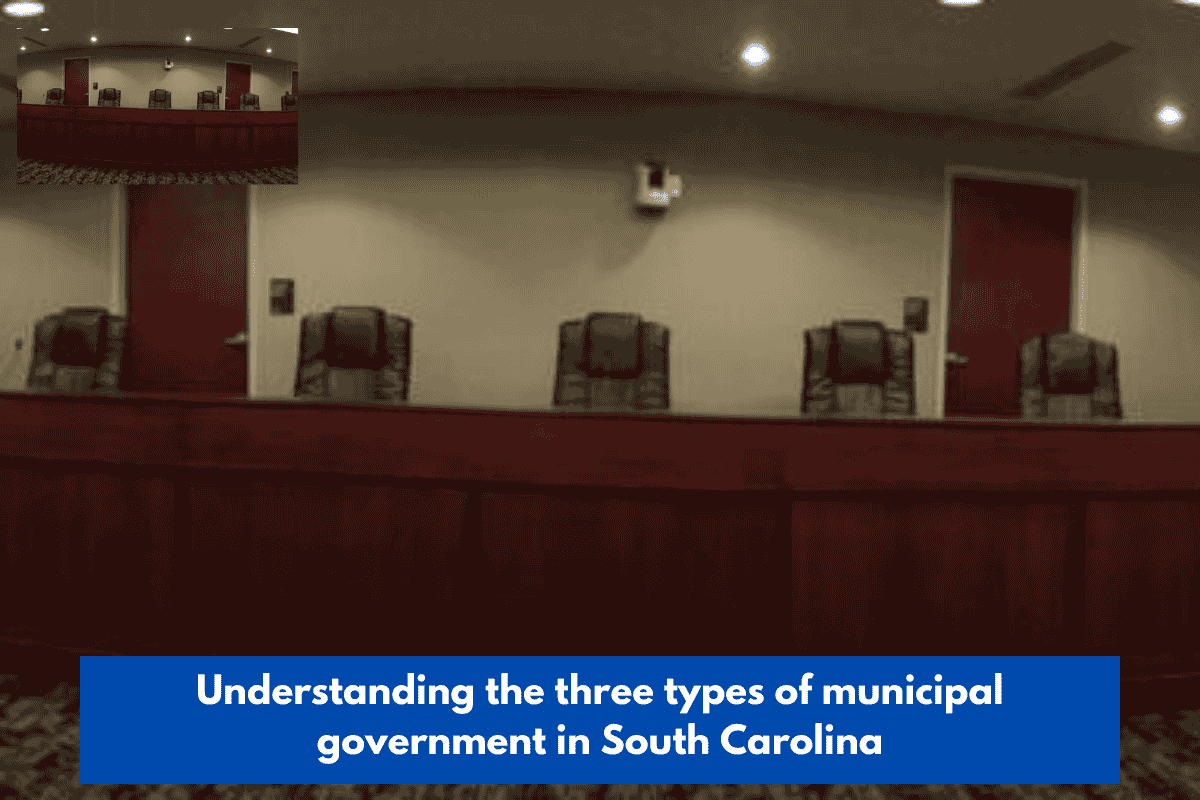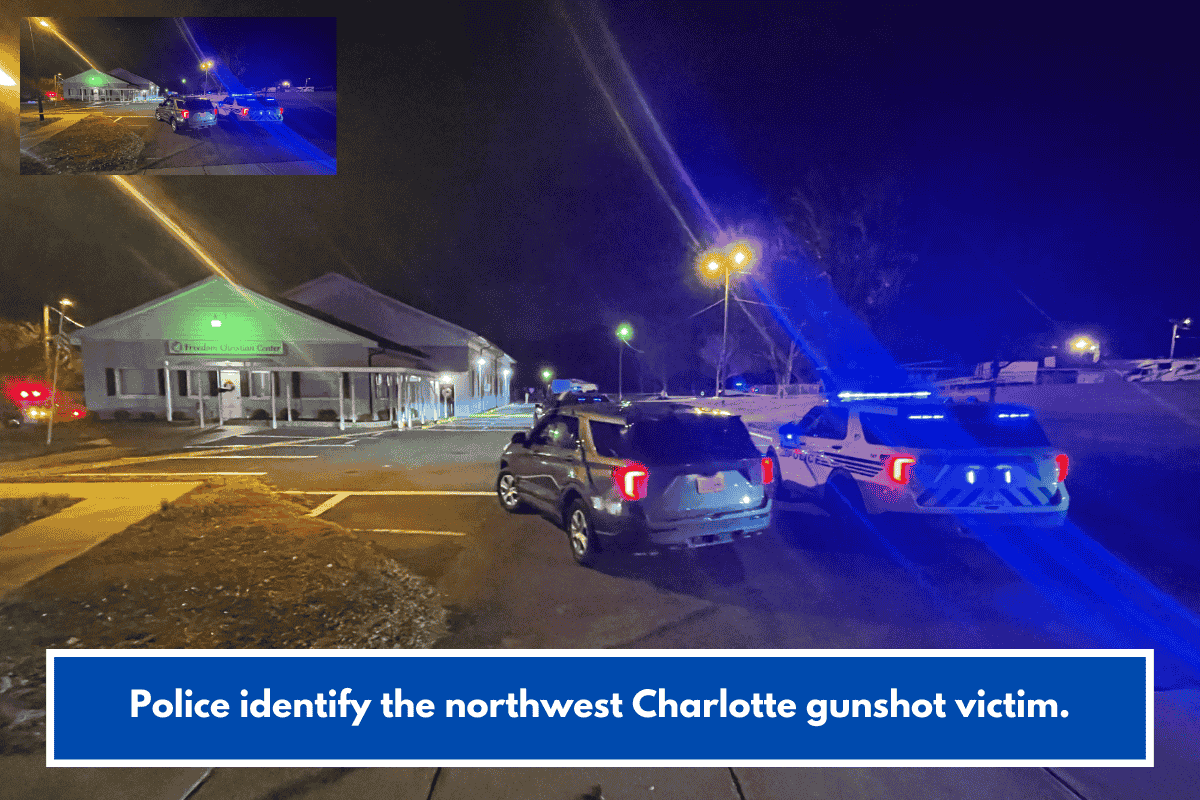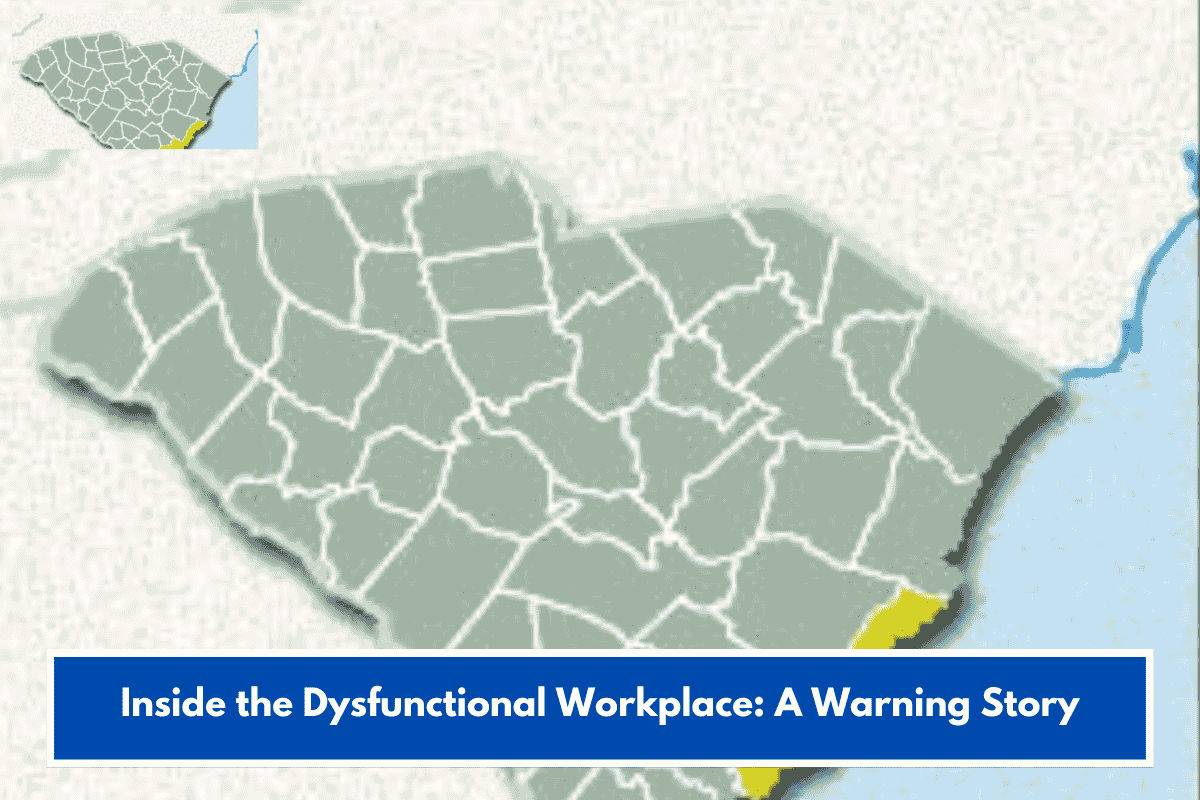York County, South Carolina – With municipal elections scheduled for November 4, 2025, it is critical for residents to understand the various forms of government permitted in South Carolina, as well as the varying powers granted to mayors, council members, and administrators. The structure of a town or city has a direct impact on how decisions are made, services are delivered, and the level of influence that each elected office has.
South Carolina municipalities follow one of three forms of government: mayor-council, council, or council-manager. While each model distributes power differently, the elected council ultimately has full legislative and policymaking authority.
These three systems were created by the state’s Home Rule Act of 1975, and municipalities can only change their form through a public referendum held once every four years.
SC Code Title 5, Chapter 9: Mayor-Council Form (Strong Mayor).
The mayor-council form, also known as the “strong mayor” system, gives the mayor substantial administrative power.
Council consists of the mayor and at least four council members. Council approves the budget, creates departments, and appoints clerks, attorneys, and judges.
Mayor: Acts as both a voting councilmember and the city’s chief executive officer, overseeing daily operations, hiring and firing employees, supervising departments, and preparing the annual budget. The mayor must also provide an annual financial report to council and the public.
This structure, like that of a governor or president, places executive power in the mayor’s hands.
The council form, also known as the “weak mayor” model, delegated nearly all authority to the council.
Council consists of five, seven, or nine members, including the mayor. Council is in charge of legislative, policy, and administrative matters, as well as budgeting and hiring an administrator.
The mayor is primarily responsible for ceremonial duties. The mayor preside over meetings by tradition rather than by statute, and he or she serves as the council’s spokesperson. The mayor has no more power than any other council member and cannot break ties. If a vote is tied, the measure fails.
This system positions the mayor as “first among equals,” with little executive authority.
Council-Manager Form
SC Code, Title 5, Chapter 13
The council-manager form combines elected policymaking and professional administration.
Council consists of a mayor and four, six, or eight members. Council establishes policy, passes laws, and approves the budget. It hires a professional manager, in addition to the city attorney and judge.
The mayor has no more authority than any other council member. According to tradition, the mayor preside over meetings, serves as a spokesperson, and is unable to break ties.
Manager: Acts as the chief executive officer, supervising employees, managing the budget, and advising the council.
This model is frequently compared to a corporation: the council serves as the board of directors, and the manager acts as the CEO.
Shared responsibilities
Across all forms:
Councils must meet at least once per month.
Special meetings may be called by the mayor or a majority of council members.
Councils must comply with the South Carolina Freedom of Information Act in terms of public notice, agendas, and meeting minutes.
All councils appoint the municipal clerk, attorney, and judge.
York County’s Five Municipalities
York County’s five towns and cities are organized as follows:
Council-Manager forms are available for Tega Cay, Fort Mill, Rock Hill, York, and Clover (with a weak mayor).
None of York County’s municipalities follow the mayor-council, or “strong mayor,” structure.
Why It Matters to Voters
Understanding these differences helps voters understand where power lies in their community as they prepare to vote in November. Professional managers hold executive authority in the majority of York County cities, including Fort Mill, Rock Hill, York, and Tega Cay, while elected councils are responsible for policy. In Clover, the council retains executive authority, with the mayor serving primarily as presiding officer and spokesperson.














